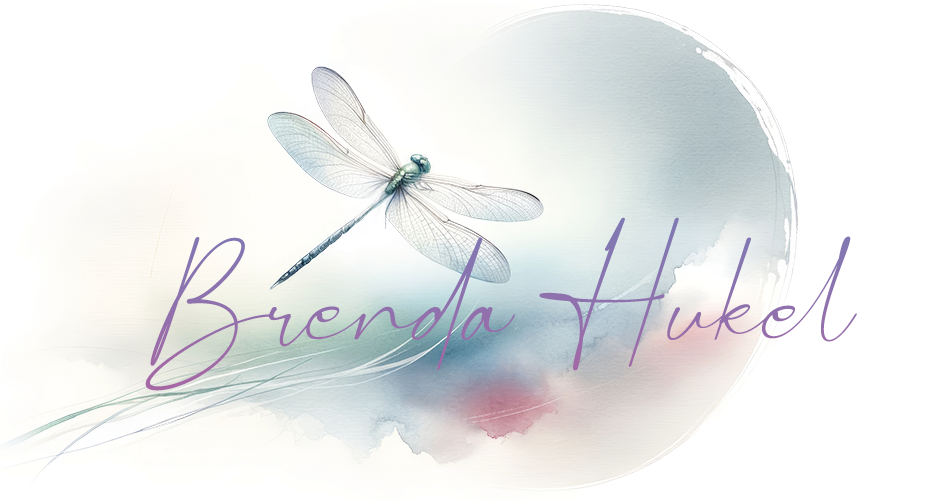
The Impact Of Childhood Conditioning
From the moment we are born, our experiences, interactions, and environments begin shaping who we become. As children, we are like little sponges, absorbing the beliefs, values, and behaviors of those around us—parents, caregivers, teachers, and society at large. This process, known as childhood conditioning, is a natural part of our development. However, the effects of this conditioning often extend far beyond childhood, subtly influencing our thoughts, emotions, and decisions as adults.
Why? Because our unconscious mind operates largely through emotions, storing memories, beliefs, and impulses. From the very beginning, our unconscious mind is active, shaping how we experience the world. As children, we primarily operate from emotions because our conscious mind, which governs awareness, thoughts, and intentional behavior, is still developing. While children begin to exhibit more conscious awareness between 12 and 15 months of age, many unconscious patterns and emotional responses are already taking shape.
Belief judgments, which influence how we interpret and react to the world, start to take root more firmly between the ages of 4 and 7. During this critical developmental period, we are heavily influenced by the beliefs, judgments, feelings, and biases of our parents or other influential authorities. We often adopt these beliefs as our own, seeking approval and validation from those we look up to.
The environment in which children grow up plays a significant role in determining who they become as adults. For instance, if a child grows up in an environment where love and approval are conditional, they may learn to base their sense of worth on external validation. As adults, without awareness of this conditioning, they may fear rejection and constantly seek approval from others. Similarly, if a child is raised in an environment where they are constantly criticized, they may develop a low self-image, leading to feelings of powerlessness and unworthiness in adulthood.
How Childhood Conditioning Shapes Our Adult Selves
The impact of childhood conditioning on our adult lives is profound and far-reaching. Here are some of the most significant ways in which these early experiences shape who we become:
- Belief Systems: The core beliefs instilled in us during childhood can shape our worldview and self-perception. These beliefs, whether empowering or limiting, influence how we approach challenges, relationships, and opportunities throughout our lives.
- Self-Worth: The messages we receive about our value and worthiness as children deeply impact our self-esteem as adults. Positive reinforcement can build a strong sense of self, while negative or conditional love can lead to lifelong self-doubt and insecurity.
- Emotional Responses: Early experiences teach us how to respond to emotions like fear, anger, and sadness. These learned responses often become automatic reactions that we carry into adulthood, shaping how we cope with stress, adversity, and emotional challenges.
- Relationship Patterns: The dynamics observed in childhood relationships, especially with parents or caregivers, significantly shape how we interact with others as adults. These patterns can either develop healthy connections or lead to difficulties in forming fulfilling relationships.
- Sense of Security: The stability or instability experienced in childhood profoundly influences our sense of safety and trust in the world. A secure childhood often leads to a more confident and resilient adult, while an unstable environment can result in chronic anxiety and fear of the unknown.
A Path to Healing and Reconnecting with Our Authentic Selves
It’s important to understand that childhood conditioning is often a generational pattern passed down from one generation to the next. It’s not about judgment but about awareness. Our parents and caregivers often repeated what they were taught, perpetuating the same beliefs, behaviors, and responses they learned in childhood. By becoming aware of these patterns, we can choose to break the cycle and establish healthier, more empowering ways of being for ourselves and future generations.
Explore Deeper in Courageously Authentic
To delve deeper into understanding and healing the effects of childhood conditioning, I invite you to explore my book, Courageously Authentic: A Women’s Guide to Transform Pain into Power, Fear into Courage, Dreams into Reality. This book offers insights, tools, and spiritual practices to help you unravel the layers of conditioning and return to your authentic self.
Begin your journey towards living a life that reflects your deepest truths and desires!
